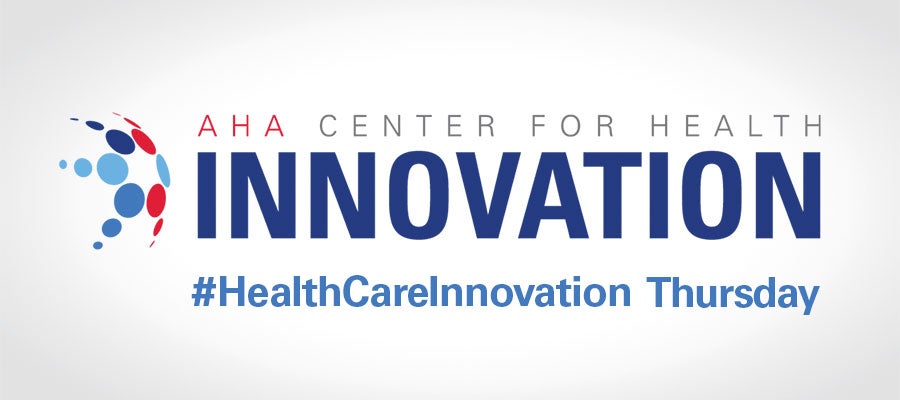Will AI replace humans in health care? Not likely, but here’s how to talk to your staff about it


Artificial intelligence may seem like just a buzzword in health care today, but the technology is poised to significantly transform how health care is delivered — and the type of work required to deliver it.
A third or more of the tasks being performed by people in hospitals and health systems could be automated in the future, performed either by algorithms or other machines.
"That represents a huge magnitude of change for the workforce and a potentially remarkable shift in how care is delivered."
AI has the potential to empower employees, reduce burdensome administrative tasks, mine and process medical and patient information for faster and more accurate decisions, and free up time for problem solving, critical thinking and critical patient conversations.
"The benefit of any technology cannot be realized if the people who use it do not fully integrate it into the way they work."
Yet, the rise of AI in health care isn’t without concern. Employees are wary that AI will take their jobs or require them to become data scientists. Experts in the space contend that a contraction of the health care labor force is unlikely. Instead, we’ll use AI to overcome labor shortages and redeploy staff into roles comprising tasks that only can be performed by humans.
Leaders must lay the proper groundwork to optimize AI; otherwise, the investment in this technology may not materialize. After all, the benefit of any technology cannot be realized if the people who use it do not fully integrate it into the way they work.
Health care leaders should begin communicating to employees about AI’s potential to improve their job performances and work life, as well as patient outcomes and experience, long before the technology is introduced into the organization.
Not sure what to say? Here are five messages experts recommend when communicating the impact of AI staff and clinicians. AI is about:
- Focusing on tasks, not jobs.
- Helping employees and clinicians do their jobs, not replacing their jobs.
- Eliminating burdensome tasks and producing better outcomes.
- Ensuring a better work life for employees and clinicians.
- Creating a better experience for patients.
A new AHA Center for Health Innovation Market Insights report, “AI and the Health Care Workforce,” provides useful frameworks and tools to help leadership teams understand the implications of AI on workforce strategy. Based on insights from interviews with 20 health care AI experts and hospital and health system leaders, the report, discussion guide and vendor selection tips can help to ensure successful and effective AI integration into the health care workforce and operations.
Lindsey Dunn Burgstahler is vice president, programming and market intelligence, at the AHA Center for Health Innovation.
Follow our AHA weekly blogs or on social media with #HealthCareInnovation Thursday.

